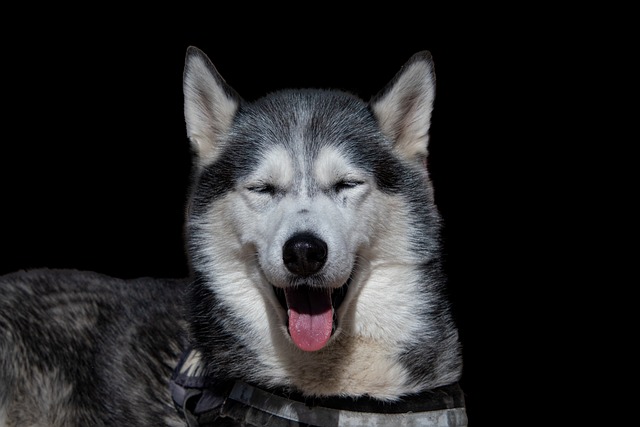
How do i train my dog to be obedient?
Watching your dog dart across the park ignoring your calls isn’t just frustrating—it can put them at risk near busy streets or public spaces.
Huskies are energetic, intelligent dogs—but their strong bladder and love of activity can make potty training in an apartment feel tricky. Unlike houses with yards, apartments mean waiting for elevators, braving weather, or relying on designated pet areas, which can test even the most patient new owner. The key is to work with their natural rhythm, not against it, to build consistent habits they’ll stick to long-term.
From a behavior standpoint, Huskies thrive on routine and positive reinforcement—scolding them for accidents will only make them anxious, which slows progress. Their brains learn best when they connect a specific action (going potty outside) to a reward (treats, praise, or a quick play session). It also helps to remember they have smaller bladders as puppies—usually needing a trip out every 2-3 hours, plus right after meals, naps, or playtime. Adult Huskies can hold it longer, but still need regular breaks to avoid frustration.
 Start by setting a strict schedule you can stick to, even on weekends. Wake up 15 minutes early to take them to your building’s pet spot or a nearby grassy area—use a consistent command like “go potty” so they learn what’s expected. When they do their business, celebrate big: give a tiny, high-value treat (like freeze-dried chicken) and lots of excited pets. If they have an accident inside, clean it up right away with an enzyme-based cleaner (regular soap leaves smells they’ll associate with potty spots). Never rub their nose in it—instead, just redirect them outside next time they show signs of needing to go, like pacing or sniffing.
Start by setting a strict schedule you can stick to, even on weekends. Wake up 15 minutes early to take them to your building’s pet spot or a nearby grassy area—use a consistent command like “go potty” so they learn what’s expected. When they do their business, celebrate big: give a tiny, high-value treat (like freeze-dried chicken) and lots of excited pets. If they have an accident inside, clean it up right away with an enzyme-based cleaner (regular soap leaves smells they’ll associate with potty spots). Never rub their nose in it—instead, just redirect them outside next time they show signs of needing to go, like pacing or sniffing.
It’s also important to follow community rules and local laws to keep things smooth. Always carry poop bags and clean up after your Husky—most cities fine owners who don’t, and it keeps your building friendly for neighbors. If your apartment has a “no pets on elevators during peak hours” rule, adjust your schedule to avoid rush times. Also, make sure your Husky is up-to-date on vaccines before taking them to shared areas—this protects them and other dogs from illnesses. And if you’re gone during the day, consider a pet sitter or dog walker for midday potty breaks—Huskies hate being stuck inside too long, and this prevents accidents.
With time, patience, and consistency, your Husky will learn to handle apartment potty training like a pro. The process might take a few weeks (or even months for stubborn pups), but every small win—like a morning without accidents—means you’re building trust and good habits. Remember, they want to make you happy—you just need to show them exactly how. Before you know it, those elevator trips will feel like second nature, and you’ll both enjoy a clean, stress-free apartment life together.

Watching your dog dart across the park ignoring your calls isn’t just frustrating—it can put them at risk near busy streets or public spaces.

New puppy owners often find themselves rushing to clean up accidents before they set in, and that’s where puppy pad training becomes a game-changer.

If you've noticed your dog's waistline disappearing and your veterinarian has mentioned those few extra pounds, your first instinct might be to simply reduce the amount of food in their bowl.

Training a dog to use a designated spot indoors isn’t as daunting as many new owners fear, but it does take consistency and an understanding of your pet’s needs.

That moment of dread on a walk is all too familiar for many new dog owners. You see another dog approaching down the sidewalk of your neighborhood

If the sight of another dog on your neighborhood walk makes your heart sink as your own dog erupts into a frenzy of barking and lunging, you're not alone.